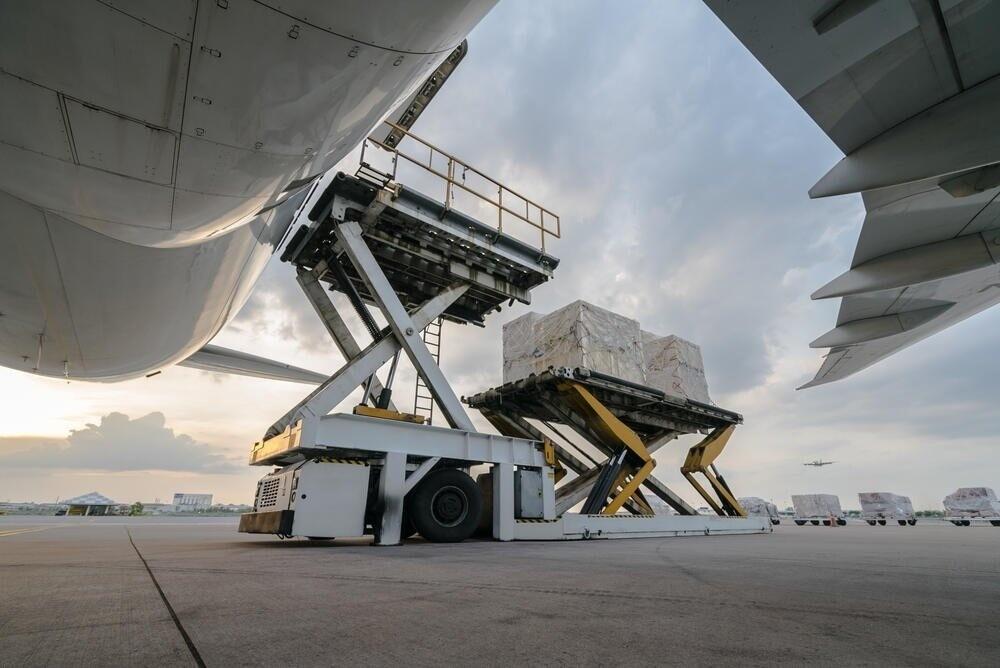What is the air freight charges per kg?
Air freight charges per kg are influenced by various factors, with rates pre-COVID-19 averaging $2.50-$5.00 per kilogram and current rates ranging from approximately $3.00-$7.00 per kilogram, reflecting a market adjustment post-pandemic.
Air freight charges per kg are a critical component of the cost structure in the logistics industry, reflecting the dynamic nature of global trade and transportation. These charges are determined by the interplay of weight, volume, distance, and destination specifics, with the pandemic having notably impacted the pricing landscape. While historically, the rates hovered around $2.50-$5.00 per kilogram, the current climate sees a slight increase, with costs ranging from $3.00-$7.00 per kilogram, indicating a shift in the market and operational costs associated with air transportation.
The Determining Factors of Air Freight Costs
Several factors affect air freight prices, determining the final price. Two constants are shipment weight and volume. Understanding these variables is crucial because every space your package takes up on an aircraft cannot be sold to another customer. More significantly, heavier packages cost more to ship.

Air freight costs depend on shipment distance and destination. Fuel and logistics costs make long-distance shipments, especially to remote areas, more expensive. The logistics teams work harder and use more fuel on longer routes. The destination point may charge import taxes or handle special items.
Weight and Volume Affect Air Freight Costs
Weight and volume are critical factors in air freight pricing. Most goods companies price by 'chargeable weight.' The shipment's actual weight and volume weight determine this chargeable weight. Heavy but compact shipments use their actual weight. Light but bulky shipments use volumetric or dimensional weight. Shipping a tonne of feathers may cost more than steel because they take up more space despite weighing the same.
Understand how your freight service provider calculates dimensional weight because they all do it differently. The formula multiplies the parcel's length, width, and height and divides it by a standard divisor. Although complicated, this prevents the goods company from losing money shipping lightweight but bulky items. This air freight charging system maximizes cargo space and accounts for payload fuel consumption.
Distance and Destination Affect Air Freight Charges
Distance and location significantly affect air freight rates. Price calculations often consider the origin and destination of goods in transit. Due to fuel consumption, aircraft maintenance, and crew costs, longer flights cost more. Due to accessibility, some destinations may require additional handling and secondary transport, which raises prices.
The company's regional network and operational efficiency in certain regions also affect freight charges. A location with a strong freight company presence, good infrastructure, and operational control may have lower freight costs. Where the company has fewer direct flights or less optimal routings, costs may be higher. Due to operational complexity and risk, destinations with political instability or extreme weather may charge premium goods.

Comments
Post a Comment